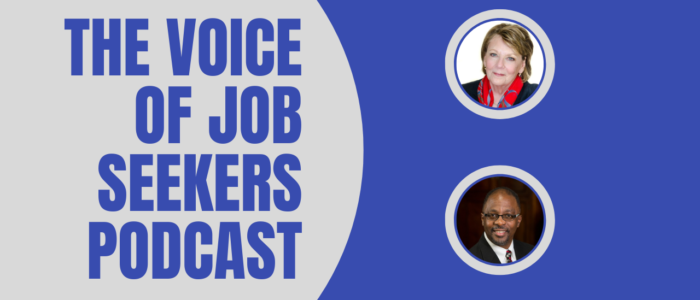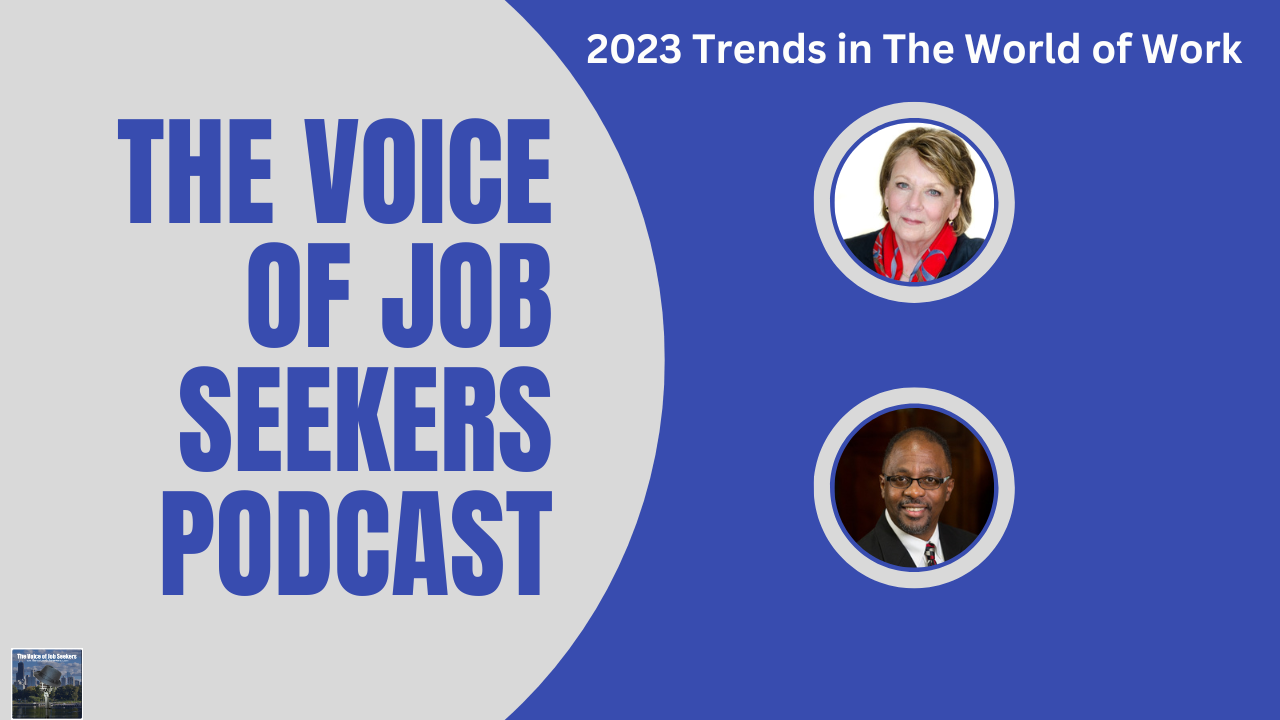
12 Ways to Quell The Voice of Your Personal Brand and Not Get Heard or Hired by Mark Anthony Dyson
People get psyched out when they hear a loud voice that is demeaning and demanding. That’s a career brand voice most will pass on. Trust is earned and won, and that is what people will be drawn to at the end of the day.
Your actions are also vital in establishing a professional brand and voice. It would be best if you did what you said you would and people believed you. Or you don’t meet the goals that you set for yourself. It’s almost as if your words fall to the ground. Want more clients? Want more opportunities?
I have 12 ways to identify why your voice lacks authority or credibility. This will help you connect with people much faster, with assurance, and open the doors to opportunities you didn’t think existed before.
12 Ways to Mute Your Brand and Not Get Heard or Hired!
Lack of Focus
You can have too many influences, heroes, and mentors if you lack core beliefs and values. The overflow of your heart, or lack thereof, will surface. If people don’t know where you’re going or are confused by the direction of your actions and words, no one will buy in. If your messaging is unclear and unfocused, eventually, your network and (Lord forbid) those who consider you for jobs become uninterested. It’s best to master one point and two sub-points at a time. Better yet, one issue might be best.
Trying Too Hard
Let’s say you meet someone that can put you on the right person’s hiring radar. Instead of being patient, you start calling twice a day for a week to ask how things are progressing. What are the chances your contact is so annoyed they are now ignoring you?
Listen to 5 Reasons to Unfollow Career Obstructing Social Media Contacts
Inciteful but Never Insightful
You want to be seen as original, but at the cost of someone else’s ideas or content. You instead erroneously quote or regurgitate others’ ideas as your own. When people hear you or see your work, and it becomes evident that you don’t have an original thought, they will lose respect or confront you until you give correct attribution. We have all seen people who suck up to people for reasons other than being valuable. It never ends well, and the last thing they get is respect.
Weak or Wrong Delivery Method
People think a loud delivery of their ideas is the most effective when it only compensates for weak arguments. Great ideas need the proper delivery to inspire the right action and by the right people. Sometimes, less is more, especially when we have the right solution. I have a soft voice, but I believe in the proverb, “A gentle word breaks a bone.” The secret is confidence in what I say (often preceded by much thought). You can do it too!
Listen to Second Chance for Job Seekers with GoodHire
Lack of Experience
I am turned off when people say they have a passion for a career or task but lack the work, credentials, or research to demonstrate competence. The first few hundred times may not be enough to claim yourself as an expert. If that’s the case, there are other questions and concerns you should have and put in more reps (more work).
Not Growing Professionally
To use a fitness analogy, to grow muscles, they must be worked to failure now and then. Reps are done until the power is overloaded with work, until no more reps can be performed—
Muscles must be challenged regularly to grow, and so do you. You want to grow, stretch, and show your usefulness. Create a blog and take people on that journey with you!
Not Asking Questions, Lacking Depth
Great questions come from excellent listening skills. Not asking an interview question is lazy, but lacking depth in asking a question says so much more negatively. People who successfully obtain the job they want repeatedly ask simple but profound questions.
Lacking Initiative
Successful career management is partly intuitive. There are hints as we go along that point us in the right direction. Sometimes, it’s weird, but that voice inside should be heard often, and to quell it requires initiation and action. Perhaps you’re afraid to fail or to make a mistake. People will likely forget the missed shot if you make the next shot.
Read Do you impress potential employers?
Temperament
People will find it easy to say no to you if you are easily frustrated. Apply temperance to any area in life, but specifically to your career management or job search efforts.
Your Life
All unclear goals, objectives, and targets lacking in purpose will come into play in everything you do in your career. The pattern in your life shows that you’re a shooting star: vibrant at first, then dissipates like mist. That’s rarely a good thing.
No Follow-Up
This is a must-have skill. Without it, you will never thrive. Want to work from home? Want to freelance? The follow-up is the money maker probably missing from your arsenal. To emphasize an earlier point, no one takes you seriously when you say you’ll do it and you don’t.
Don’t Promote, Market, or Advertise Yourself
I am not a big fan of wearing a banner or showing my face on a billboard, but I have a website. It’s probably the difference between someone finding you and your uniqueness or wondering why you’re unique.
This can be challenging if you are used to not being in control of your career. Job seekers have much more confidence and faith when he or they have a pliable attitude and are willing to pivot, turn, or turnaround even. Wherever your opportunities come from, it will depend on how you develop a career voice recognized by the right employer, business partner, or client.
About Mark Anthony Dyson
I am the "The Voice of Job Seekers!" I offer compassionate career and job search advice as I hack and re-imagine the job search process. You need to be "the prescription to an employer's job description." You must be solution-oriented and work in positions in companies where you are the remedy. Your job search must be a lifestyle, and your career must be in front of you constantly. You can no longer shed your aspirations at the change seasons. There are strengths you have that need constant use and development. Be sure you sign up to download my E-Book, "421 Modern Job Search Tips 2021!" You can find my career advice and work in media outlets such as Forbes, Inc., Fast Company, Harvard Business Review, Glassdoor, and many other outlets.


